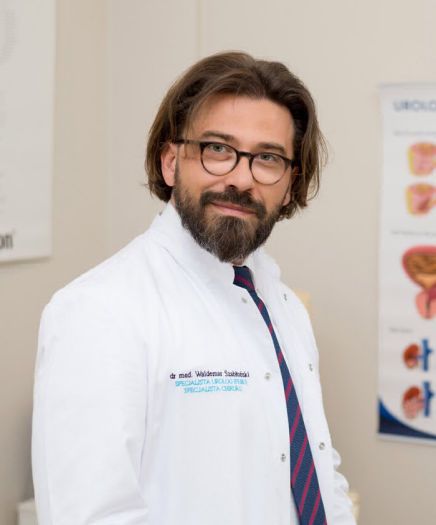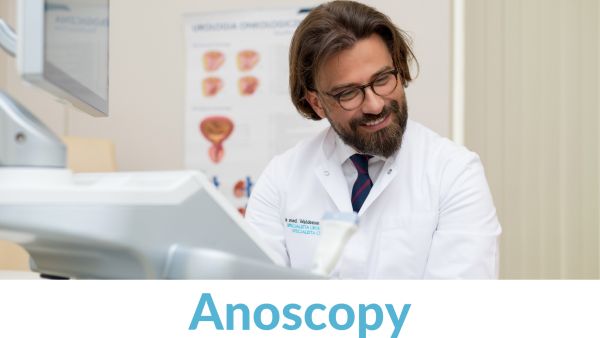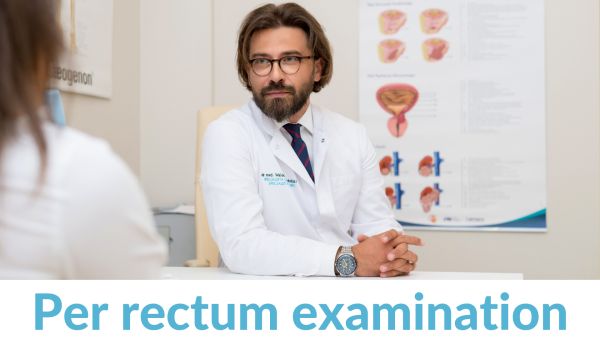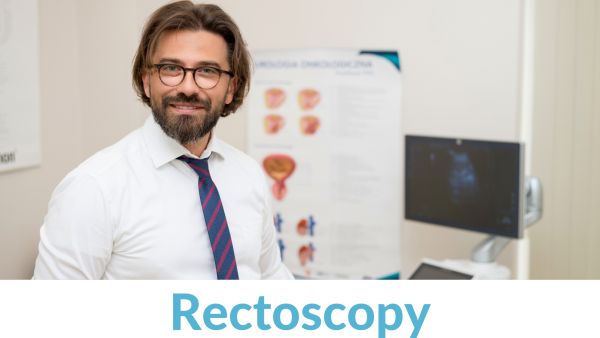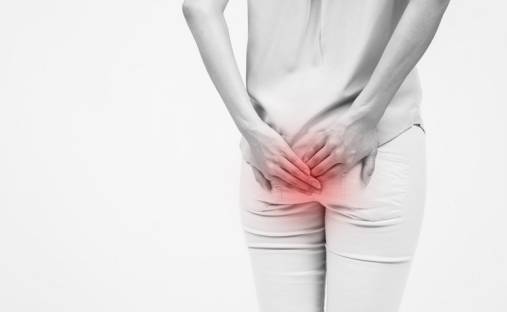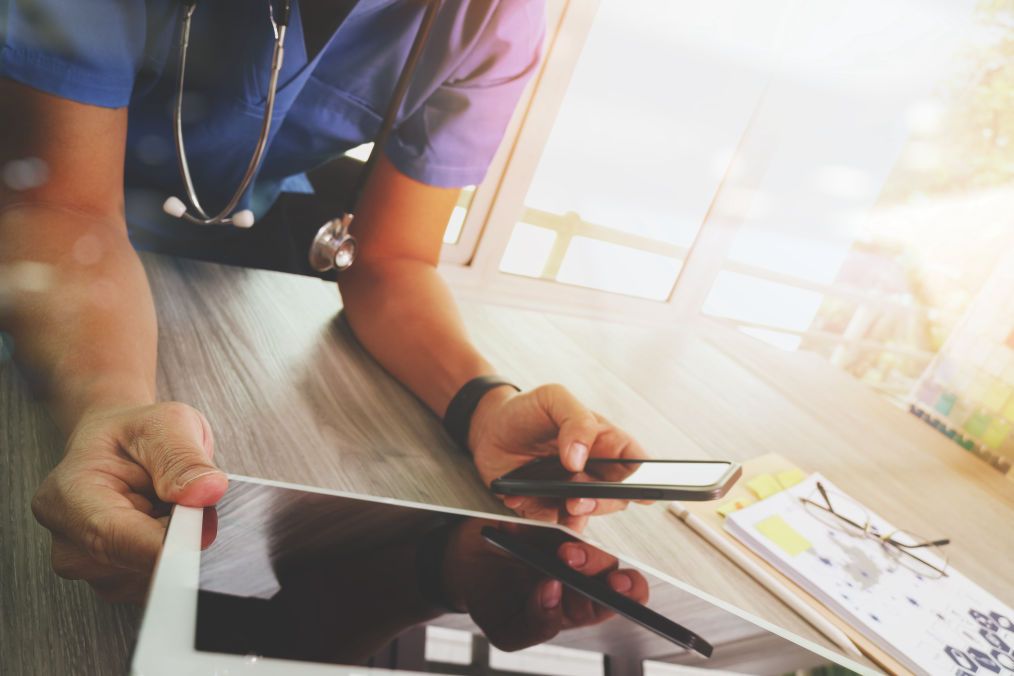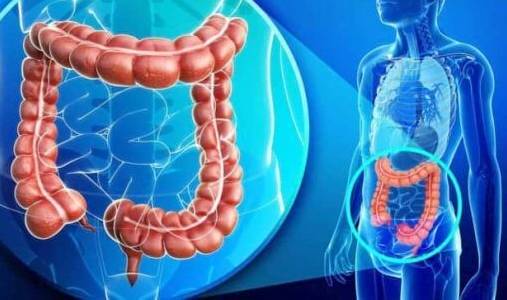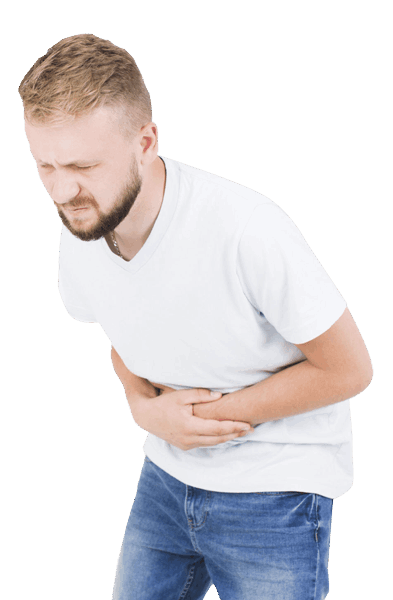
The proctologist deals with diseases of the final part of the gastrointestinal tract: rectum (part of the large intestine), anal canal and anus. Diagnoses and treats among others such diseases as: hemorrhoids, perianal abscess, anal fissure, ulcerative colitis, rectal polyps, colorectal cancer. Patients who report to the proctologist usually face the following health problems:
- chronic constipation or diarrhea,
- permanent feeling of flatulence, gas problems,
- irregular or painful defecation,
- feeling of incomplete bowel movementa,
- fecal incontinence, feeling of incomplete bowel movements,
- blood or mucus in the stool,
- burning sensation or itching around the anus.
